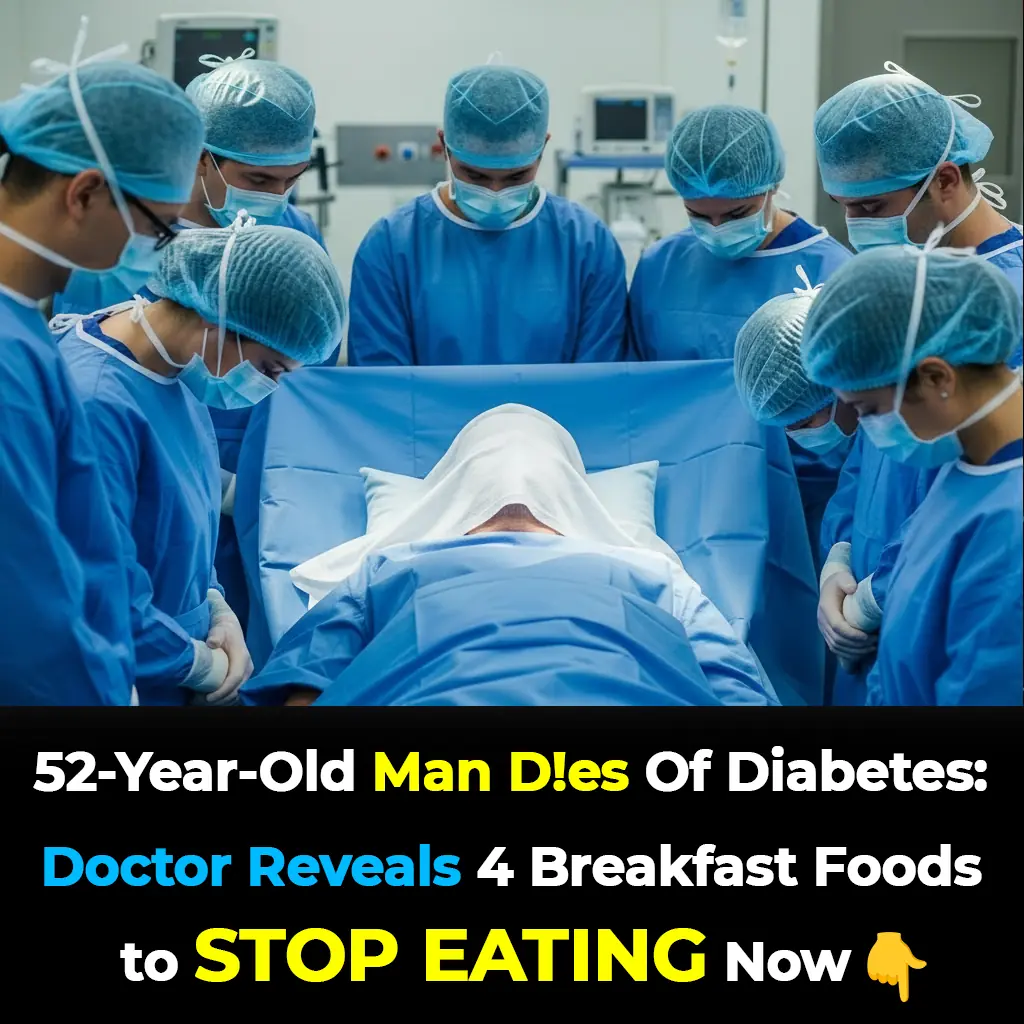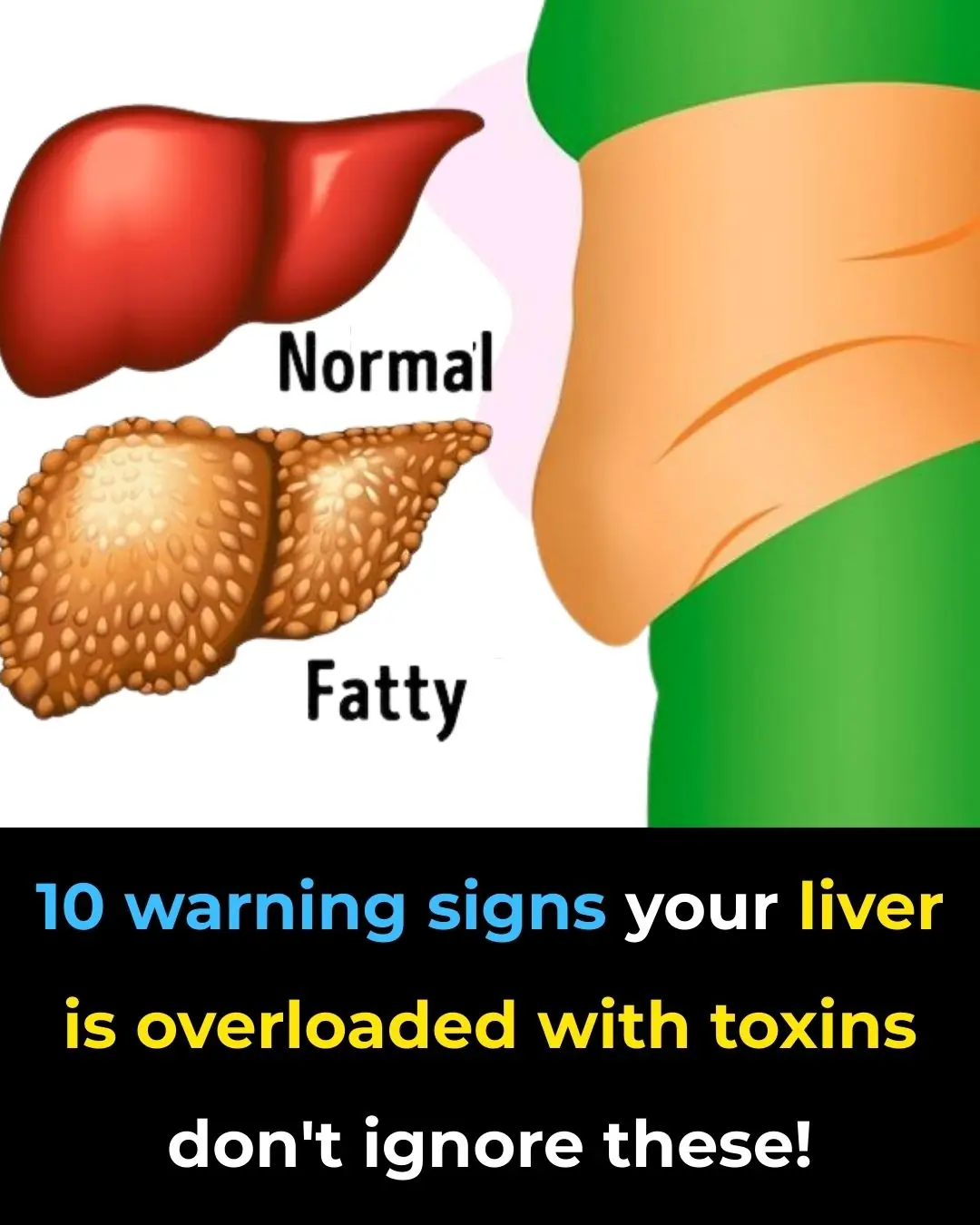
Proven Health Benefits of Eating Eggs Based on Evidence
Eggs have long been misunderstood due to their cholesterol content, but modern science has made one thing clear: eggs are among the most nutrient-dense, health-supporting foods you can eat. While headlines often focus on their potential risks, the reality is that eggs can be a powerful ally in your health journey when consumed as part of a balanced diet.
From boosting brain function to helping prevent stroke and building muscle, let’s explore the many reasons eggs deserve a place on your plate.
🥚 Eggs: A Complete Nutritional Package
Eggs are often called “nature’s multivitamin”—and for good reason. They contain a wide variety of essential nutrients in just one small package.
A single large egg (about 50g) provides:
-
Vitamin A: 5% of the RDA (essential for vision and immune health)
-
Vitamin D: 10% of the RDA (critical for bone health and immunity)
-
Vitamin B12: 10% of the RDA (needed for nerve function and red blood cell production)
-
Vitamin B6: 5% of the RDA (involved in over 100 enzyme reactions)
-
Selenium: 28% of the RDA (an antioxidant that supports thyroid health)
-
Phosphorus: 9% of the RDA (important for bone and teeth health)
-
Vitamin B2 (Riboflavin): 15% of the RDA (helps turn food into energy)
Plus, they contain decent amounts of vitamin E, vitamin K, zinc, iron, and calcium.
One large egg contains just 72 calories, but packs 6 grams of protein and 3 grams of healthy fats.
👉 Eggs provide a little bit of almost every nutrient your body needs—making them one of the most complete, bioavailable food sources on the planet.
👁️ 1. Eggs Promote Good Eye Health
While carrots often get all the credit for supporting vision, eggs are unsung heroes for eye health.
Egg yolks contain two powerful antioxidants: lutein and zeaxanthin. These nutrients protect your eyes from oxidative damage and may lower the risk of macular degeneration and cataracts, two leading causes of vision loss as we age.
A study by Tufts University found that consuming egg yolks significantly increased blood levels of these antioxidants.
🟡 Important: These benefits come from the yolk—not the egg white. If you skip the yolk, you’re missing out on these vital compounds.
Eggs are also rich in vitamin A, another essential nutrient for eye function. Vitamin A deficiency is a leading cause of preventable blindness worldwide.
⚖️ 2. Eggs Can Support Weight Loss and Appetite Control
Despite the lingering misconception that fat = fattening, eggs can actually aid in weight loss and improve satiety.
A study published in the Journal of the American College of Nutrition found that individuals who ate eggs for breakfast felt fuller for longer and consumed fewer calories over the next 24–36 hours compared to those who ate a carb-rich bagel.
-
Eggs increase satiety hormones (like PYY and GLP-1)
-
High protein content helps reduce cravings
-
Low-calorie density means you get full without overeating
Eggs are also listed among the top belly fat-burning foods, making them an ideal breakfast choice for those watching their waistlines.
🦴 3. Eggs Support Strong Bones and Muscle Growth
Eggs are one of the few natural sources of vitamin D, which works with calcium to promote bone health and prevent osteoporosis.
They're also a complete protein, meaning they contain all 9 essential amino acids. The body uses these amino acids to:
-
Build and repair muscle tissue
-
Support metabolic function
-
Maintain strength and mobility as we age
Many protein sources, especially plant-based ones, do not offer this full profile. Eggs are especially beneficial for older adults trying to preserve muscle mass and avoid frailty.
🧠 4. Eggs Boost Brain Function and Mental Sharpness
One standout nutrient in eggs is choline, a B-vitamin-like compound essential for:
-
Memory
-
Learning
-
Mood regulation
-
Neurodevelopment in fetuses and children
According to a study in the American Journal of Clinical Nutrition, individuals with higher choline intake showed better cognitive performance—including improved memory and verbal learning.
Yet, 90% of Americans fall short of the recommended choline intake. One large egg provides around 35% of your daily choline needs, making it one of the richest sources available.
Choline may also help reduce the risk of cognitive decline, dementia, and Alzheimer’s disease later in life.
💓 5. Eggs May Help Prevent Heart Disease and Breast Cancer
Choline doesn’t just support your brain—it may also protect your heart and lower cancer risk.
A study from the University of North Carolina found that choline intake from eggs was linked to a reduced risk of breast cancer and improved heart health.
For decades, eggs were criticized for their cholesterol content, but the current understanding is more nuanced:
-
Dietary cholesterol (from foods like eggs) has minimal impact on blood cholesterol for most people.
-
Eggs may actually raise HDL (“good”) cholesterol, which protects against heart disease.
-
Studies have shown no significant increase in heart disease risk for healthy individuals who eat up to one egg per day.
🧪 What About Cholesterol? Debunking the Egg Myth
It’s true that eggs contain cholesterol—about 186 mg per yolk—but research shows that for most people, dietary cholesterol doesn’t translate into high blood cholesterol.
Several studies highlight this:
-
A 2006 study in The Journal of Nutrition found no negative impact on cholesterol levels in seniors who consumed one egg per day for 5 weeks.
-
A 2008 Upsala Journal study showed no change in cholesterol after a month of daily egg consumption.
-
A 2013 study in Lipids found that eating eggs raised HDL levels and improved the quality of HDL particles—both signs of better cardiovascular health.
However, people with diabetes may need to be more cautious. Some studies have shown that diabetics who eat seven or more eggs per week may have an increased risk of cardiovascular disease.
🥚 How Many Eggs Can You Safely Eat?
For most healthy individuals:
-
Up to 1 egg per day (or 7 per week) is considered safe and may even lower stroke risk.
-
Some people—especially athletes or those following low-carb diets—consume 2–3 eggs per day without issue.
-
People with diabetes or high cardiovascular risk should consult their doctor before making eggs a staple.
👉 Tip: If you’re concerned about cholesterol, use egg whites but still include the yolk occasionally to benefit from its nutrients.
✅ Key Takeaways: Why Eggs Deserve a Spot on Your Plate
-
🥚 Nutrient-rich: Eggs contain nearly every nutrient your body needs.
-
🧠 Brain-boosting: High in choline and B vitamins.
-
👁️ Vision-supporting: Rich in lutein, zeaxanthin, and vitamin A.
-
💪 Muscle-building: Excellent source of complete protein.
-
⚖️ Weight-loss friendly: Promote fullness and reduce calorie intake.
-
❤️ Heart and cancer protection: May lower risk of heart disease and breast cancer.
-
🧪 Safe for most people: The cholesterol concern is outdated for the majority of the population.
🥄 Final Thoughts
Eggs are far more than just a breakfast staple. They’re a nutritional powerhouse, rich in essential nutrients and protective compounds. While moderation is still important—especially for those with existing health conditions—most people can enjoy eggs regularly without fear.
By including eggs in your diet alongside vegetables, whole grains, and healthy fats, you can nourish your body with one of the most complete foods nature has to offer.
News in the same category


52-Year-Old Man Dies From Diabetes—Doctors Reveal 4 Common Breakfast Mistakes That Can Wreck Your Blood Sugar
He thought he was strong and healthy, but one morning at work, his body gave in without warning. By the time he reached the hospital, it was too late. His story serves as a chilling reminder that what you eat for breakfast could quietly determine your ris

4 Silent Eye Changes That Could Signal Hidden Cancer — Don’t Ignore These Red Flags
Your eyes do more than reflect emotions; they can also reveal critical clues about your overall health. Subtle changes in appearance, color, or vision may sometimes be early warning signs of dangerous cancers developing elsewhere in the body — long befo

Husbands With These 2 Bad Habits May Put Their Wives at Higher Risk of Breast Cancer - Stop Them Now Before They Harm The Whole Family
The influence of a husband’s habits on his wife’s well-being is far greater than many couples realize. Small daily choices — whether neglecting exercise or lighting a cigarette — can quietly accumulate into significant health risks over time.

Press These Points for Wherever You Have Pain – Every Body Part is Linked to Your Palm and Foot

10 Cancer Causing Products to Remove From Your Home: Scented Candles, Air Fresheners and More

Texas Doctor Reveals A “Miracle Mineral” That Soothes Nerve Pain

Struggling to sleep? This simple eye trick can knock you out in minutes

7 essential vitamins every diabetic needs for nerve health

If you have these lines on your nails it is a clear sign that...

Symptoms Of Ovarian Cancer Every Woman Should Never Ignore

11 Silent Signs Your Body Gives Before Diabetes Strikes

Don’t Ignore These 9 Early Signs of Diabetes — Your Body’s Been Trying to Tell You

The Most Effective Ways to Get Rid of Bumps on Inner Thigh (Backed by Science)

Early Signs of Liver Damage & How to Strengthen Your Liver

Shingles Vaccine May Protect Against Dementia, New Study Suggests
Could a simple vaccine hold the key to protecting the brain against one of the most feared diseases of aging?

Surgeons Face the Highest Mortality Risk Compared to Other Physicians, Study Finds
From elevated cancer rates to stress-induced cardiovascular disease, the profession carries health costs that demand greater awareness and intervention.

The Most Dangerous Time to Sleep: Why Going to Bed Late Can Harm Your Health
News Post

Flaxseed Gel: The Natural “Botox in a Jar” That Smooths Wrinkles and Restores Youthful Glow
With flaxseed gel, you’re not just applying moisture—you’re giving your skin the building blocks it needs to repair, renew, and glow from within.

Toothpaste and Lime for Hair Removal: The Surprising DIY Remedy That Could Replace Laser Treatments
With just two simple household ingredients, you can try a gentle, budget-friendly, and surprisingly effective solution at home.

Cabbage Leaves Wrapped Around Your Legs: A Simple Remedy With Surprising Benefits
Packed with anti-inflammatory, detoxifying, and soothing properties, cabbage is more than just a kitchen staple — it’s a hidden healing ally.

10 Life Saving Tips for Lowering Stroke Risk & Early Signs of Stroke

Put a Bowl of Salt in the Fridge: The Genius Trick I Regret Not Knowing for 30 Years
A single bowl of salt might seem insignificant, but its impact on your fridge — and your household — is anything but small.

Should You Peel Ginger Before Eating? The Shocking Truth Everyone Needs to Know
he peel is not harmful; in fact, it carries unique benefits. By using ginger correctly and storing it properly, you can unlock its full potential for boosting immunity, improving circulation, and keeping your

80% of Heart Attacks Can Be Prevented—Just Do These 5 Easy Things

3 Dangerous Mistakes People Make With Plastic Wrap—And How They Could Secretly Harm Your Health
Plastic wrap is undeniably convenient, but it must be used correctly. Missteps like reusing, heating, or buying low-quality products can gradually harm your body.

52-Year-Old Man Dies From Diabetes—Doctors Reveal 4 Common Breakfast Mistakes That Can Wreck Your Blood Sugar
He thought he was strong and healthy, but one morning at work, his body gave in without warning. By the time he reached the hospital, it was too late. His story serves as a chilling reminder that what you eat for breakfast could quietly determine your ris

4 Silent Eye Changes That Could Signal Hidden Cancer — Don’t Ignore These Red Flags
Your eyes do more than reflect emotions; they can also reveal critical clues about your overall health. Subtle changes in appearance, color, or vision may sometimes be early warning signs of dangerous cancers developing elsewhere in the body — long befo

Husbands With These 2 Bad Habits May Put Their Wives at Higher Risk of Breast Cancer - Stop Them Now Before They Harm The Whole Family
The influence of a husband’s habits on his wife’s well-being is far greater than many couples realize. Small daily choices — whether neglecting exercise or lighting a cigarette — can quietly accumulate into significant health risks over time.

How to cook perilla leaf water to cool the liver and brighten skin every day

Don't soak frozen meat in water. Listen to the chef's instructions on how to defrost it in 5 minutes and the meat will still be delicious.

Putting Meat Straight into the Freezer Is a Mistake: Butcher Shares Tips to Keep Meat Fresh for ‘a Whole Year’ Without Spoiling

Mixing Beer with Sugar or Laundry Detergent: A Brilliant Solution for a Common Household Problem You Didn’t Know About

Is Keeping Doors Closed While Using Air Conditioning Really Correct?

Toothpaste and Vaseline: The Viral Skincare Hack

100% Natural Home Remedy for Tooth Decay, Yellow Teeth, and Tooth Pain
